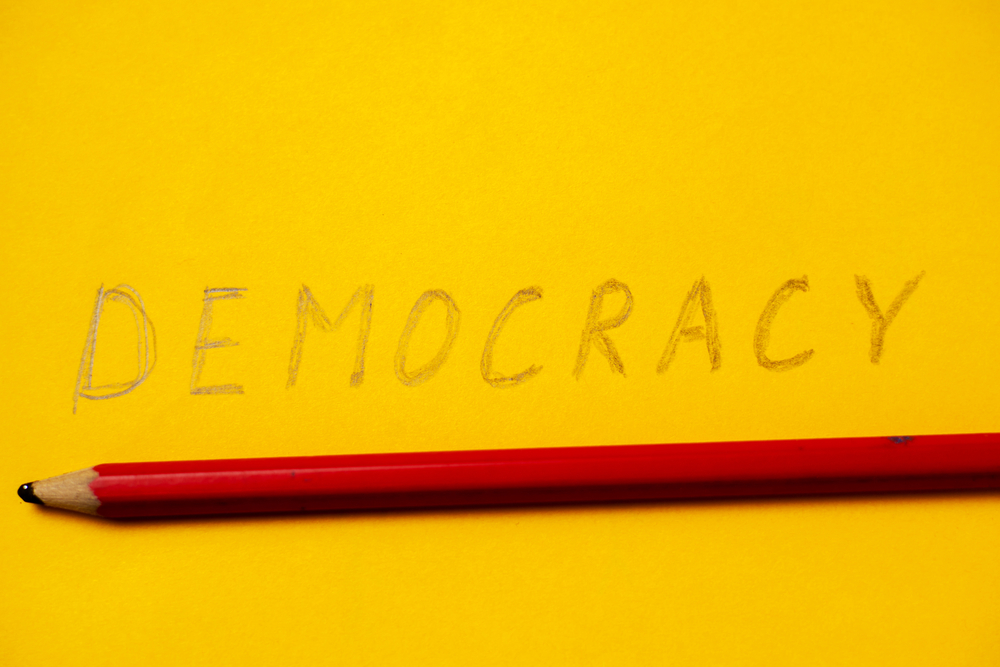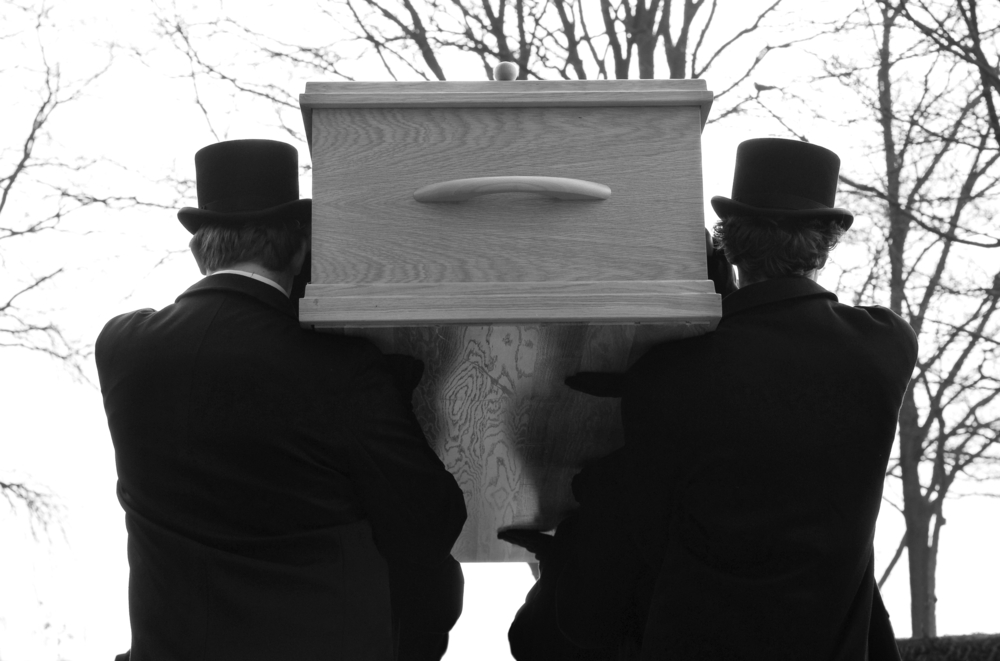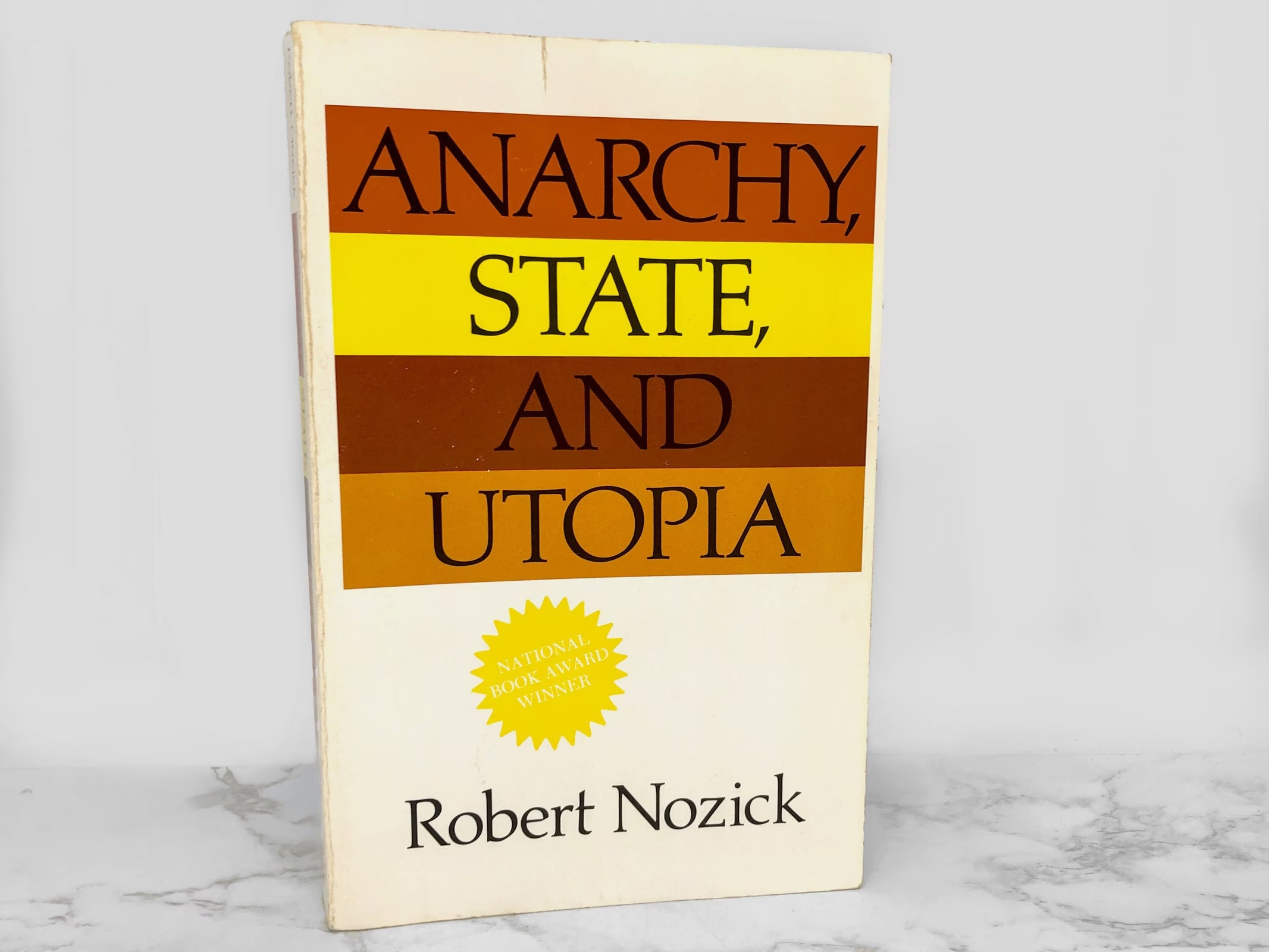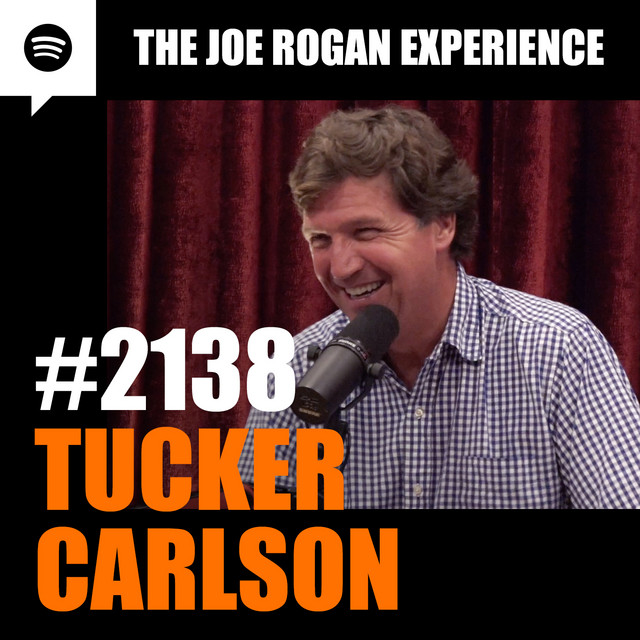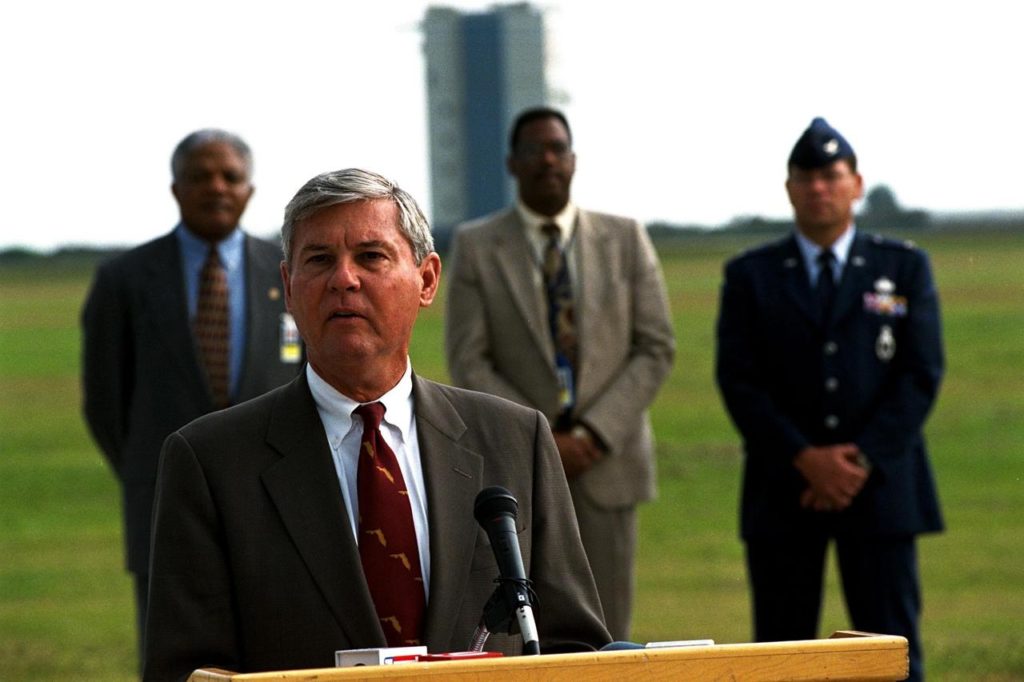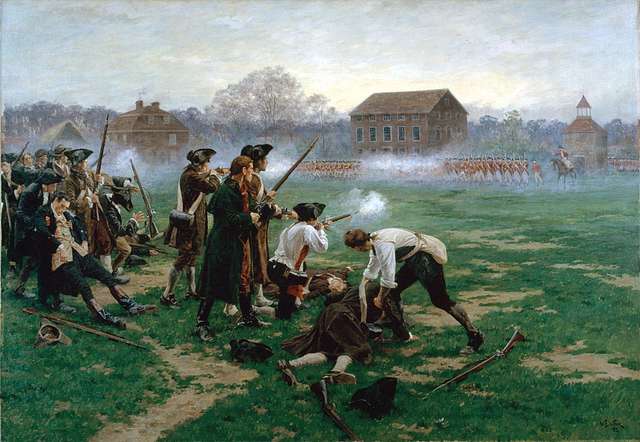The New York Police Department’s Civilian Complaint Review Board (CCRB) reported that over a three-year period, NYPD officers threatened, blocked, and otherwise tried to prevent individuals from recording them in public in the performance of their duties. Almost 100 of the 346 allegations made between 2014 and 2016 were substantiated by the board, not counting the many cases that may not have been reported.
To be fair, there are many thousands of contacts between police and individuals that happen in New York City. Although there is no way to know how many of those interactions are recorded, it’s fair to assume that many of them have been as cell-phone recording capabilities have become ubiquitous. However, there is clearly a segment of officers—perhaps very small, but nevertheless real—who feel that they may violate the First Amendment rights of people who record them. To alleviate this, the CCRB suggested that a new entry should be included in the Patrol Manual to reassert the public’s right to record police interactions. That insertion is fine, but more could and should be done because it is extremely unlikely that every officer who disrupted lawful, public recording was ignorant of the right to do so. Any officer who already knew the law was committing misconduct.
Police officers should be held accountable for their actions. Unfortunately, New York State law prohibits the Department or the CCRB from releasing the names of officers who have complaints lodged against them, whether or not they are sustained, or what the outcomes of any disciplinary actions taken were short of termination. As I testified before the U.S. Commission on Civil Rights in 2015:
According to an investigation of New York City’s Civilian Complaint Review Board records, about 40 percent of the 35,000 NYPD officers have never received a civilian complaint, but roughly 1,000 officers have more than 10 complaints on file. One officer has over 50 complaints but retains his position.
Institutionally, the NYPD knows these 1,000 officers are repeat offenders several times over. Multiple complaints against a single officer over a period of months or years implies the officer must, at times, operate too close to the line of impropriety. Those 1,000 officers represent fewer than three percent of NYPD officers but can damage the reputation of the rest of the department. Clearly, some portion of these 1,000 officers are abusing their authority, and the NYPD is unwilling or unable to remove these officers from duty. And because the public can’t know their names and records, we cannot measure how effectively the NYPD addressed these incidents with any given officer. (internal citations omitted)
The lack of transparency is not limited to New York, by any means, but the NYPD’s institutional dedication to data collection at least gives us a glimpse of what is going on. Getting the right to record in the Patrol Manual is a good start, but the State of New York should repeal the anonymity granted to misbehaving officers. Such laws punish the best officers by making them indistinguishable from those who intentionally—and sometimes repeatedly—violate the rights of the people they are supposed to serve.
For a robust First Amendment analysis of the right to record, read this opinion by 2014 B. Kenneth Simon Lecturer Judge Diane Sykes. You can read my 2015 USCCR testimony on police transparency and the use of force here. Finally, you can check out the 2014 panel we hosted on recording the police here.






